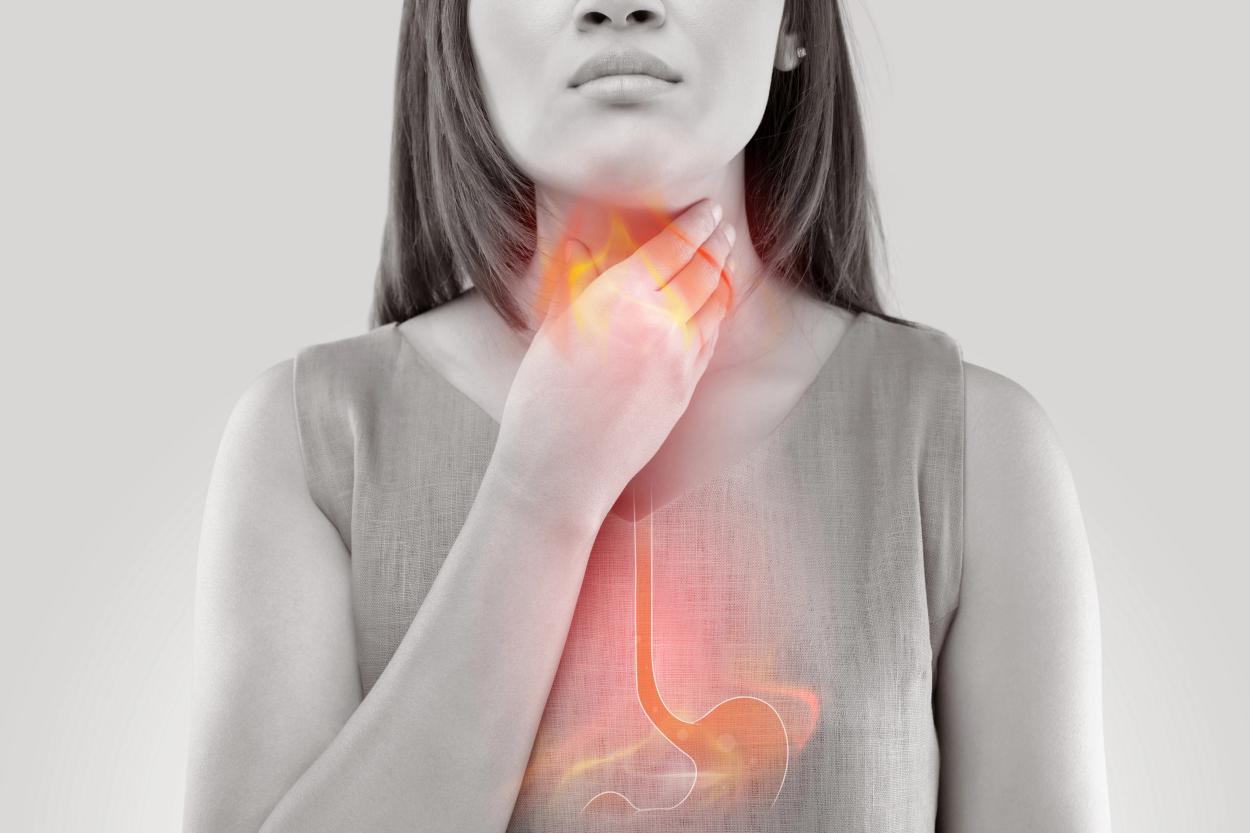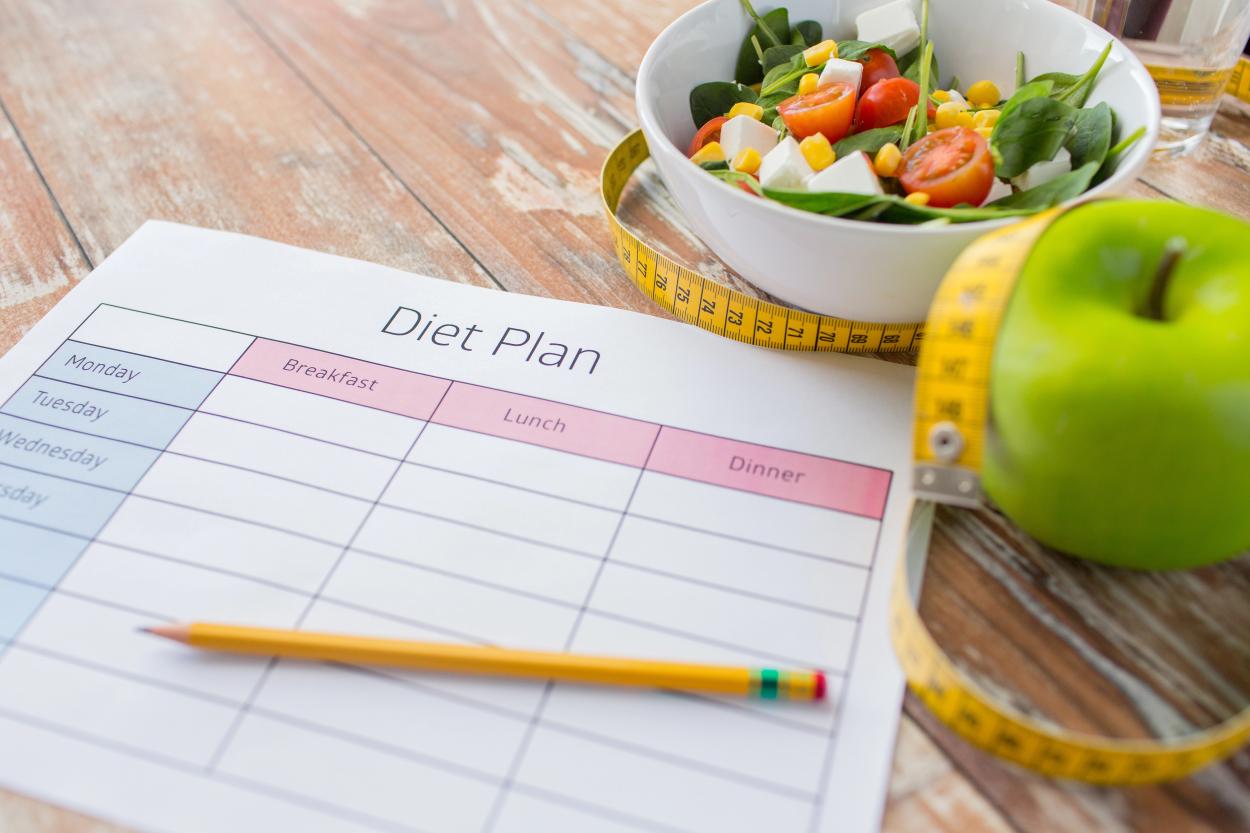What is a gastroscopy? 
A gastroscopy (also called upper endoscopy) is a procedure where a thin flexible tube (gastroscope) is used to examine the lining of your oesophagus (gullet), stomach and duodenum (the first part of the small intestine).
The gastroscope is equipped with a strong light source and a camera that display video images on a monitor. It has a channel for blowing air and to suck fluid to improve the view and another channel for passing fine instruments for taking tissue samples (biopsy), remove polyps, injecting medications or dilates areas of narrowing.
Why do I need a gastroscopy?
Gastroscopy is used to check for
- ulcers
- acid reflux disease
- inflammation of the stomach i.e. gastritis
- coeliac disease
- cancer of the oesphagus, stomach or duodenum
- hiatus hernia
- narrowing of the upper food passages
- and many other conditions.
What medical complaints may require investigation with a gastroscopy?
- Recurrent indigestion or heartburn
- Pain in upper abdomen
- Repeated nausea or vomiting
- Difficulty swallowing
- Anaemia
- Vomiting or passage of blood in the stool
- Unexplained weight loss
- and many other conditions.
Are there alternative to gastroscopy?
In the past the upper digestive tract might have been investigated by a Barium-swallow xray. However , gastroscopy is much more accurate and allow for biopsy to be taken at the same time.
What will happen during a gastroscopy?
After arriving to the hospital the nurse will check you in and you will change into a hospital gown. The anaesthetist will see you and put a needle in the back of your hand. I will see you again before the procedure and answer any last minute questions. Inside the endoscopy suite the nurse will spray the back of your throat with a local anaesthetic spray then you will lie on your left side and a small plastic ring (mouth guard) is placed in your mouth. You will be asked to hold it between your teeth. Its job is to protect your teeth and lips during the procedure and allow for easy advancement and withdrawal of the scope., Oxygen and monitors are attached and the anaesthetist will give you sedation. When you are fully sedated, the examination is commenced.
I insert the scope under constant direct vision and guide it from the pharynx into the to part of the oesophagus (gullet). This is safer technique and will cause less throat pain afterward.
I will inflate the stomach with air to improve the visibility and guide the scope into the duodenum.
I will take biopsies from any abnormal area. These are painless. On the way out I will have second look and before removing the scope I will suck as much air as possible to reduce belching afterward.
The procedure typically takes 15-30 minutes.
How do I prepare for a gastroscopy?
You will need to fast for six hours prior to the examination. This is essential to have an empty stomach for a safe examination. The hospital will inform you when to start fasting.
Should I continue to take my regular medications prior to the procedure?
You should continue taking your regular medications with a small sip of water at the usual time. This is particularly important for heart and blood pressure tablets.
Insulin injections or diabetes tablets need to be adjusted for the fasting state. This often means not taking the morning dose of insulin or diabetes tablets.
Let me know if you take drugs that thin the blood. These drugs many need to be stopped and changed to a safer alternative few days prior to the procedure to reduce the risk of bleeding.
What happens after the procedure?
When the procedure is over you will be taken to the recovery room while the sedation wears off.
When you are fully awake you will be taken to discharge area and will be given a well deserved hot drink and a sandwich. I will discuss with you the findings and the plan before you go home but it is not uncommon that you will not remember much of this due to the effect of sedation. You will be given a copy of the report with you and I will send a copy to your GP as well.
You should have a friend or a relative take you home and stay will you for 24 hours. You should not drive a car, travel on public transport alone or operate heavy machinery for 12 hours after the test.
What are the possible complications of gastroscopy?
A bit of sore throat can be expected. This should settle quickly. Serious complications are very rare but can occur.
- Bleeding. This can occur at a biopsy site or where a polyp was removed. This usually settle by itself and rarely requires intervention.
- Perforation of the gastrointestinal tract. This is very rare but can occur. It is serious and may require surgery.
- Aspiration pneumonia. This is a chest infection and breathing troubles when stomach fluid enters the lungs. This is rare if the stomach was empty but still can occur. It may require admission to hospital for antibiotics and observations.
- Heart troubles. This can occur in patients with preexisting heart conditions.
- Reaction to the sedative drugs.
What are the Red Flags after gastroscopy?
If you develop any of the following symptoms in the hours or days after your gastroscopy you should contact me and your GP and present to the emergency department:
- fever or shivering
- increasing throat, chest or abdominal pain
- vomiting of fresh blood
- black tarry bowel movements
- any other symptoms that cause you concern.










